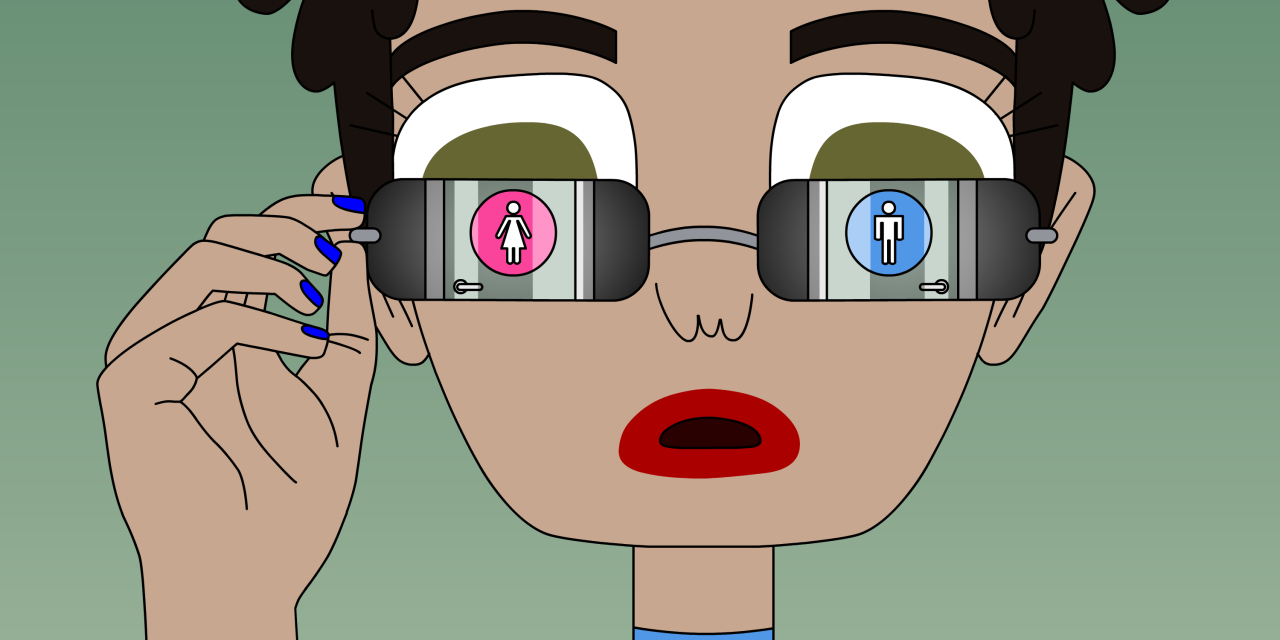
What it’s like to live with Crohn’s Disease

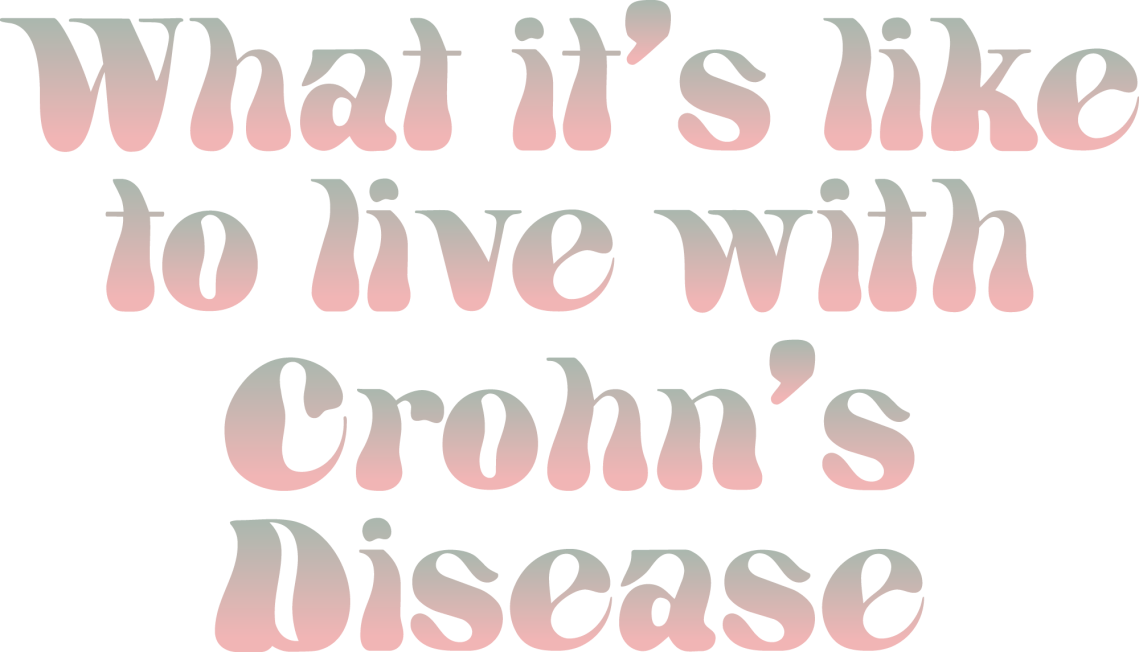
What is Crohn’s Disease?
According to the Crohn’s & Colitis Foundation, Crohn’s disease is an inflammatory bowel disease that causes chronic inflammation of the gastrointestinal tract.
What are the symptoms?
While symptoms can vary from patient to patient, these trends tend to be consistent:
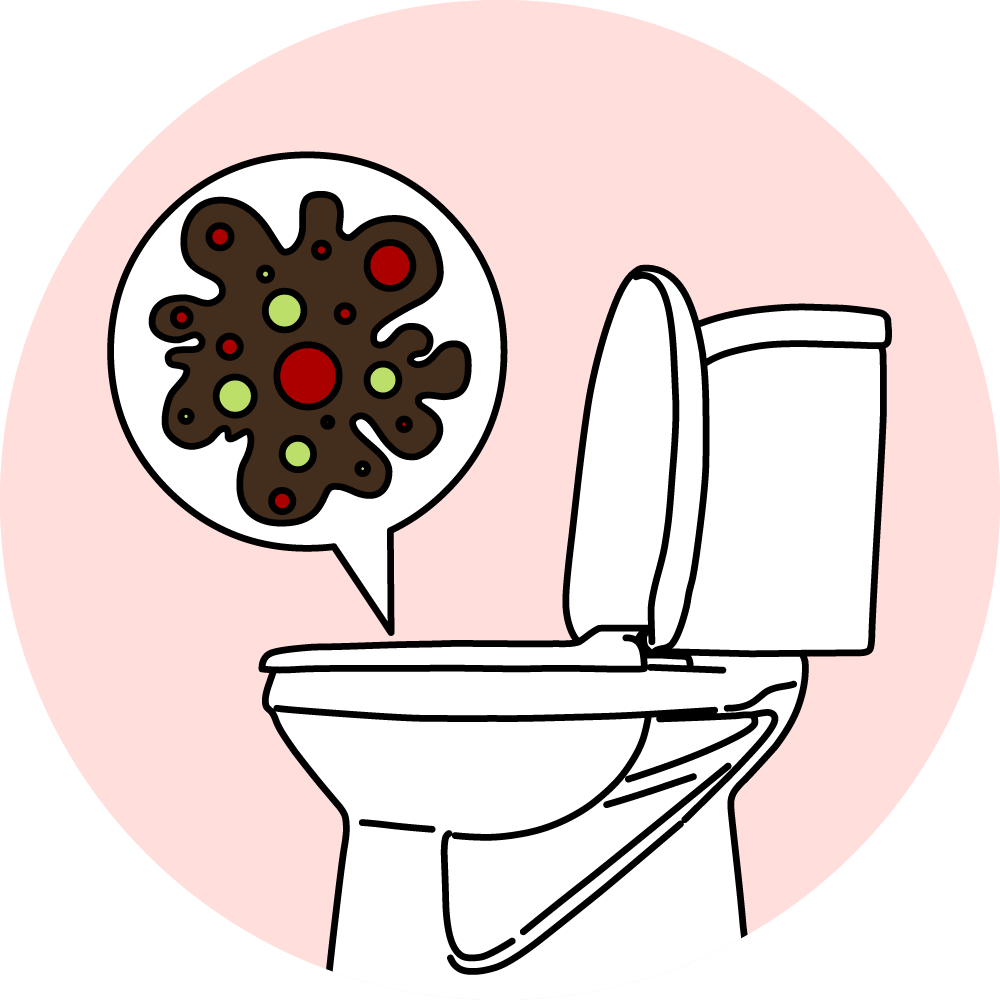 Persistent Diarrhea | 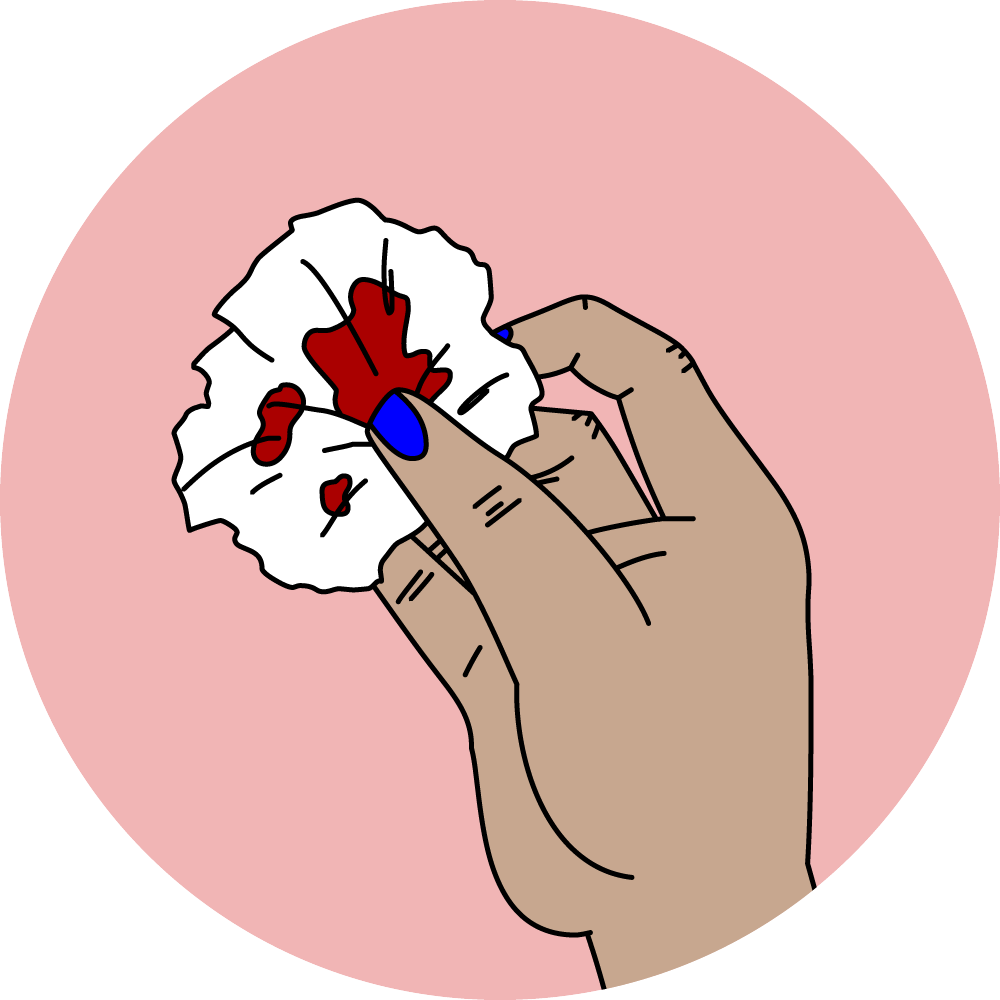 Rectal Bleeding |
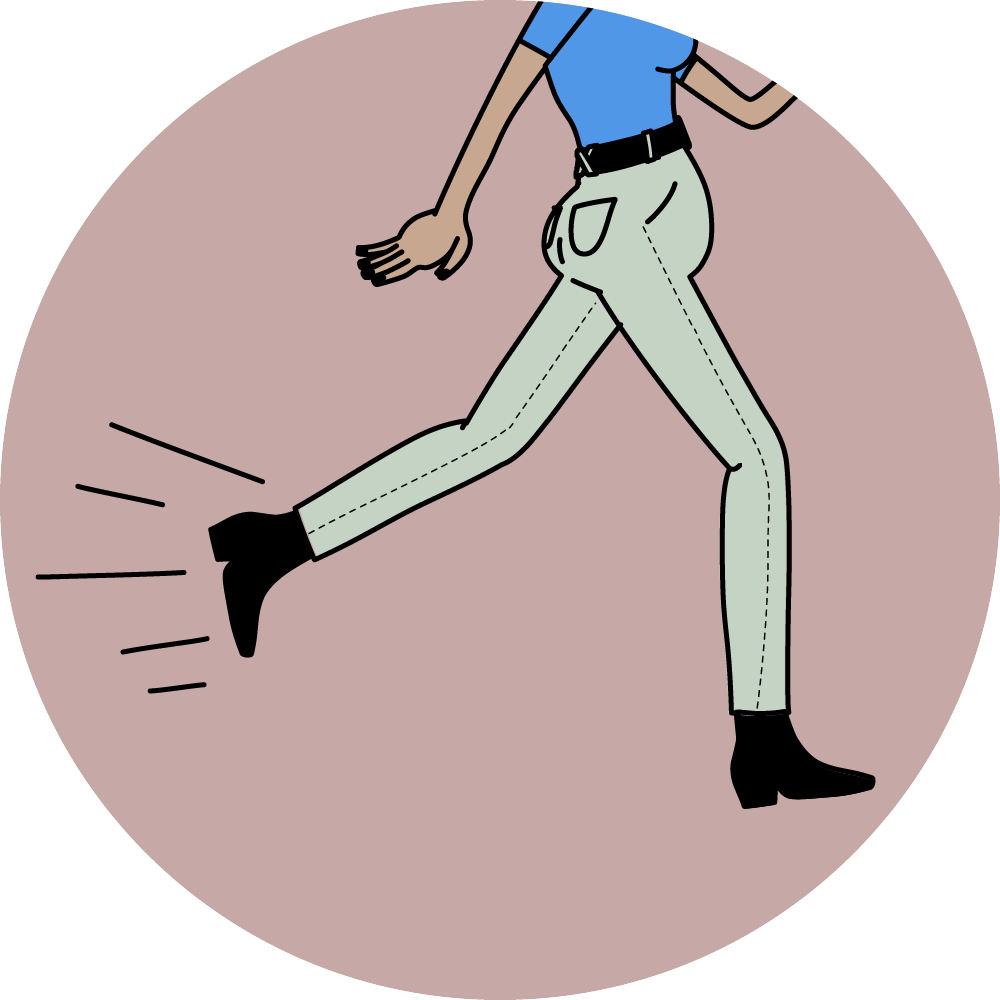 Urgent need to move bowels | 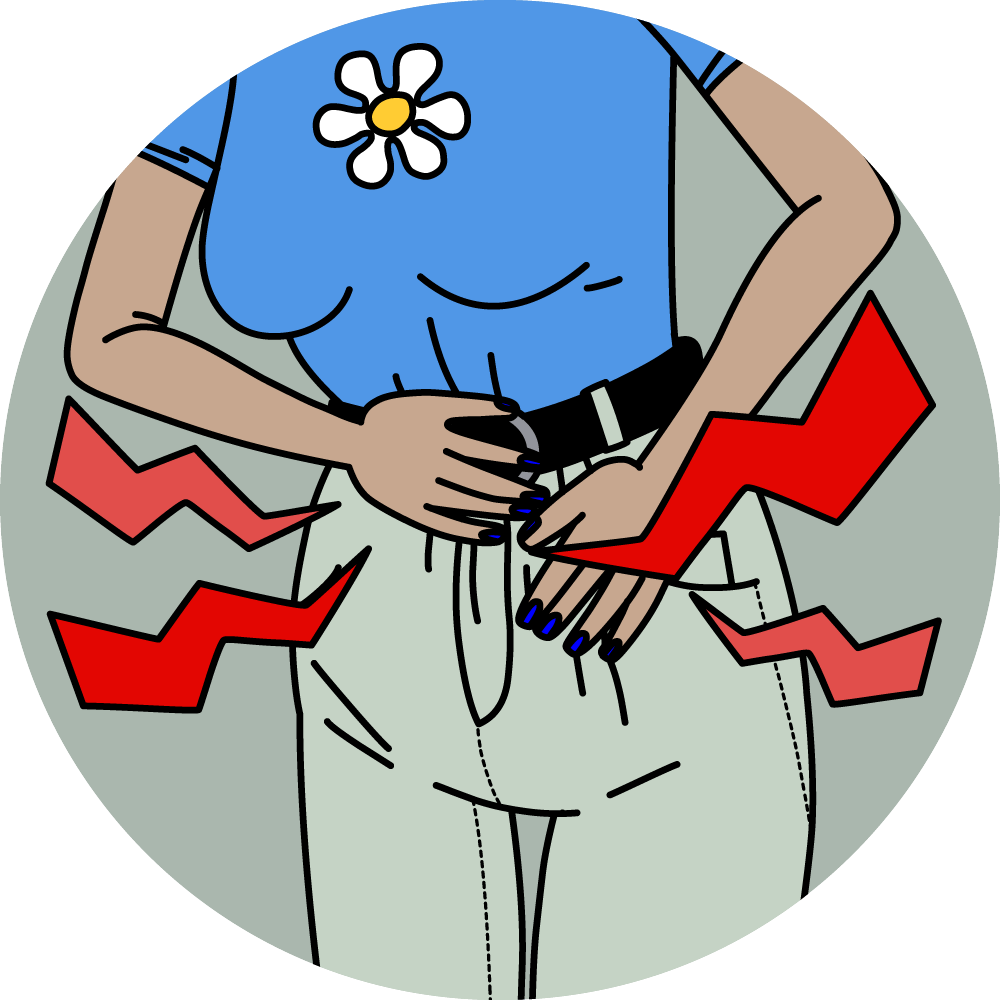 Abdominal cramps and pain |
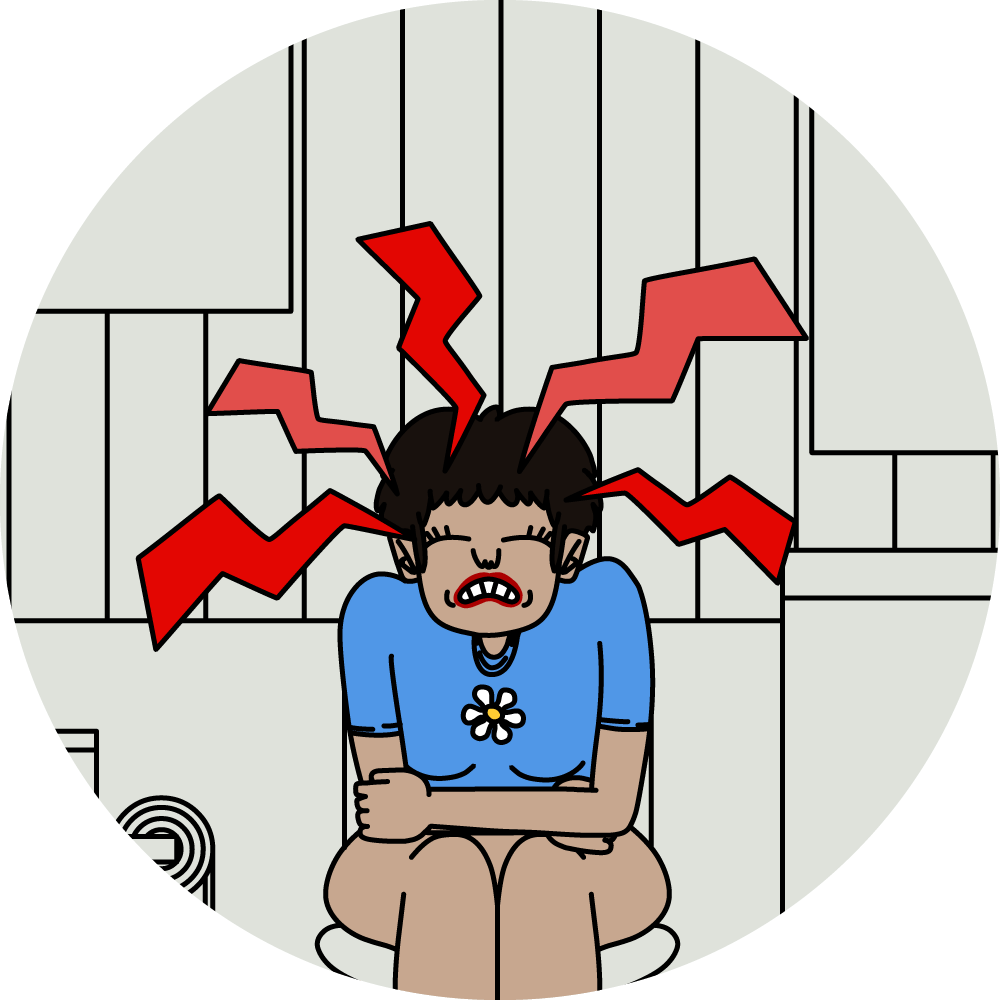 Sensation of incomplete bowel evacuation | 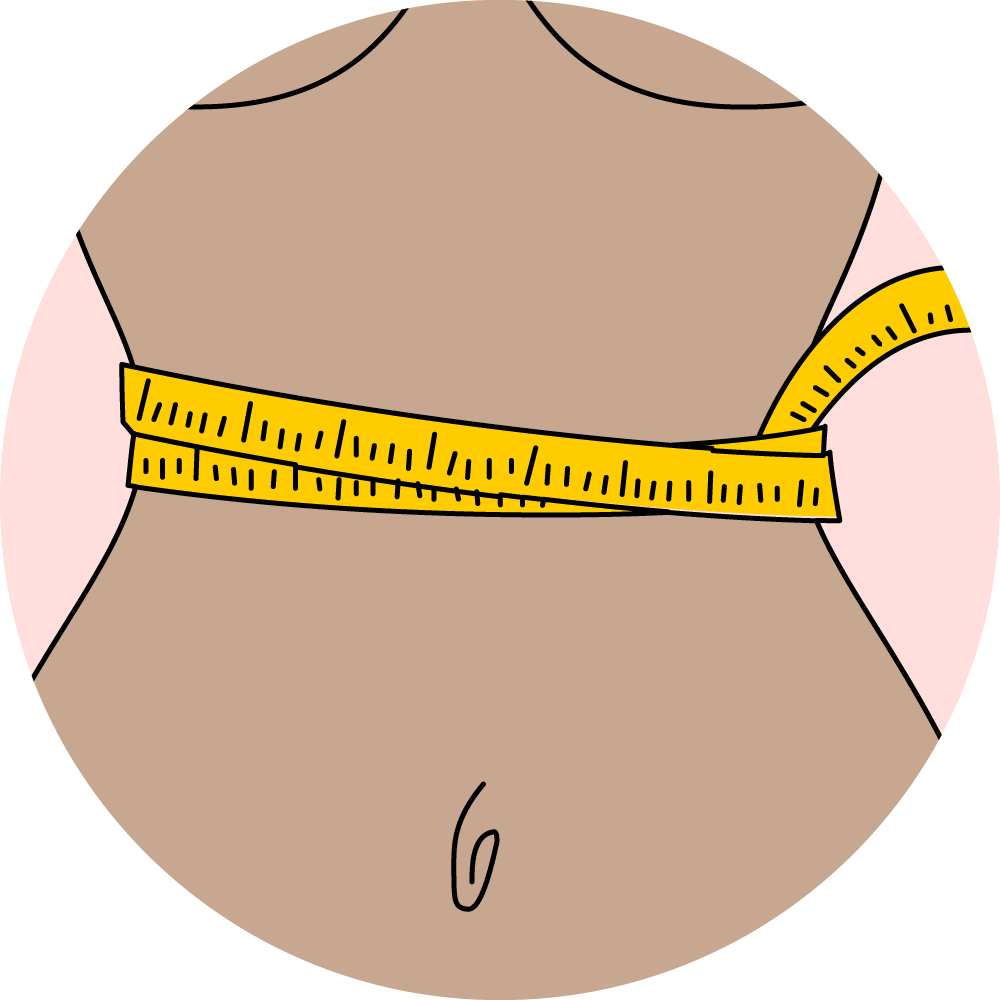 Constipation, which can lead to bowel obstruction |
What are the causes?
While the specific causes of Crohn’s are still being researched, what we do know is that there are a number of risk factors that seem to be common in those who are diagnosed.
First, Crohn’s tends to run in families, so if you have a relative with the disease, you have a 5%-20% chance of developing it as well, if you are a first-degree relative (such as a child or sibling). There are also environmental factors as well, as Crohn’s tends to be more common within the following categories:

You live in a developed nation.
You live in an urban city or town, as opposed to a rural area.


You live in a northern (colder) climate.
What complications occur from Crohn’s Disease?
1. Loss of appetite
2. Weight loss
3. Low energy and fatigue
4. Delayed growth and development in children
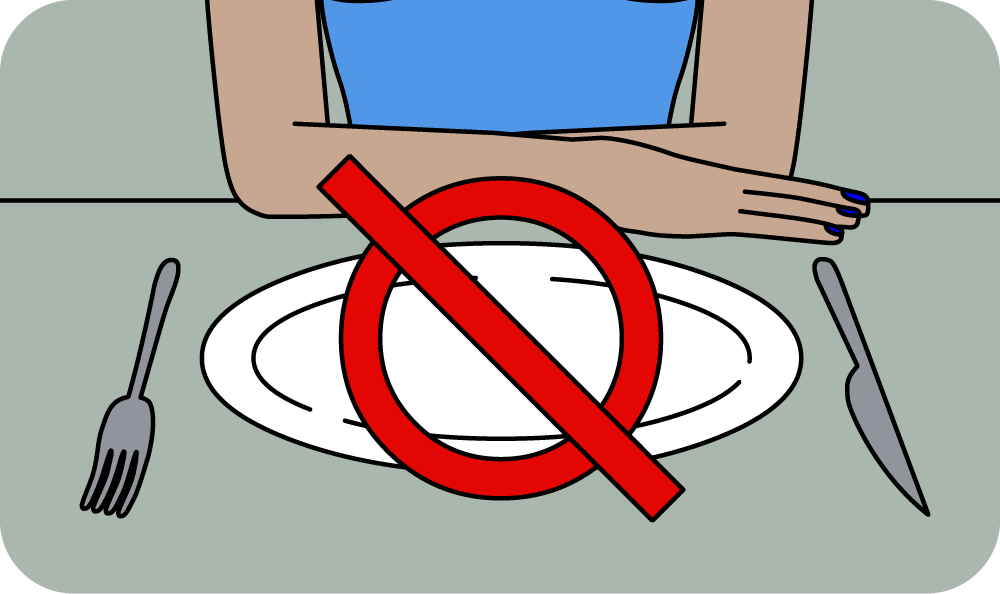
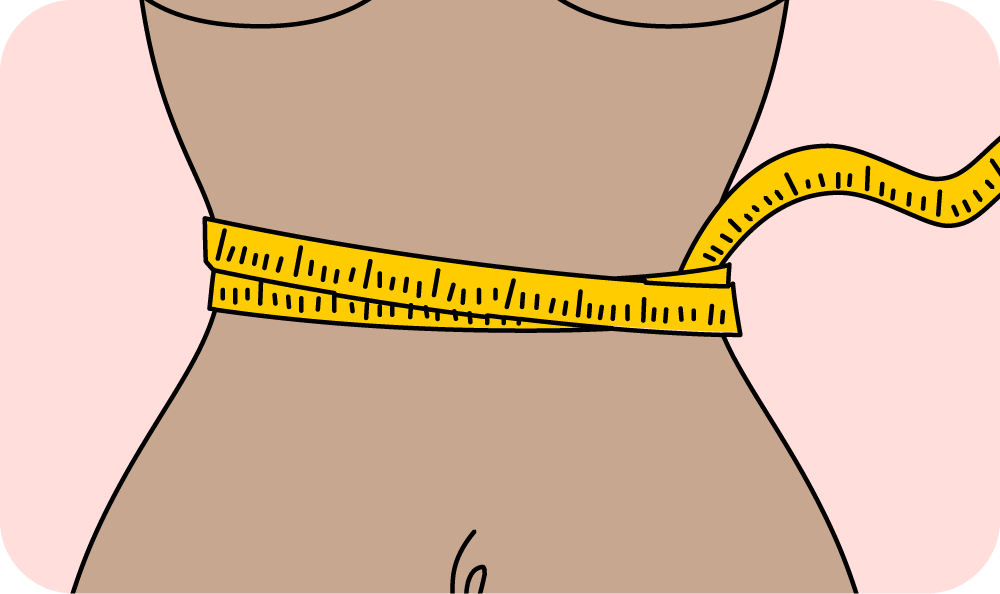
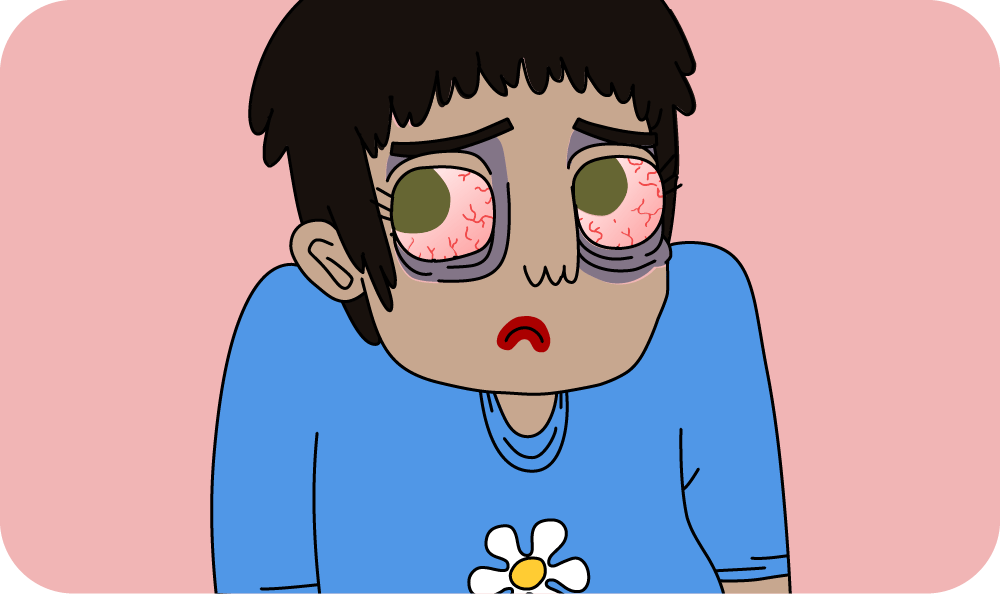
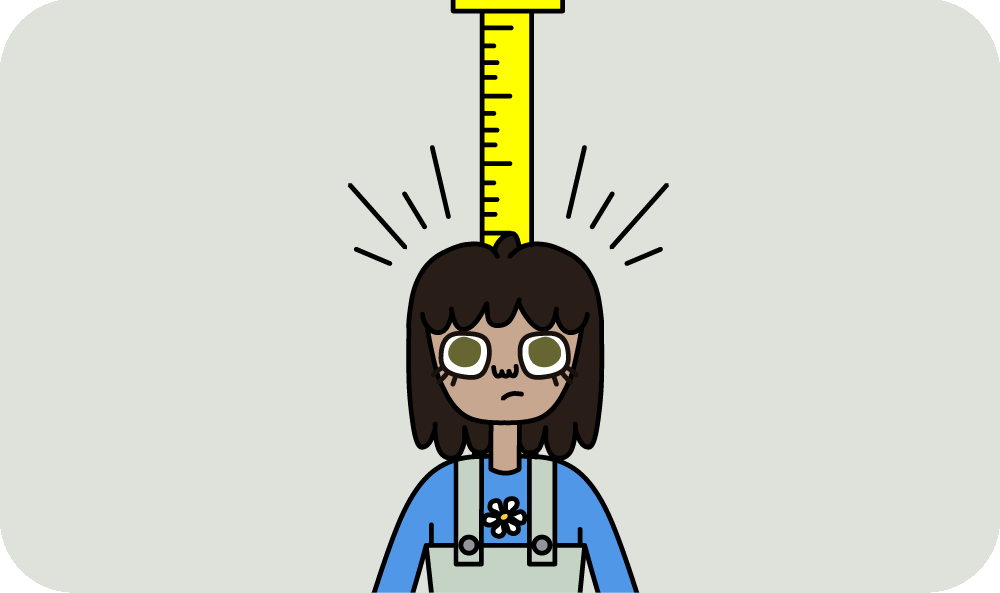
More severe complications include:
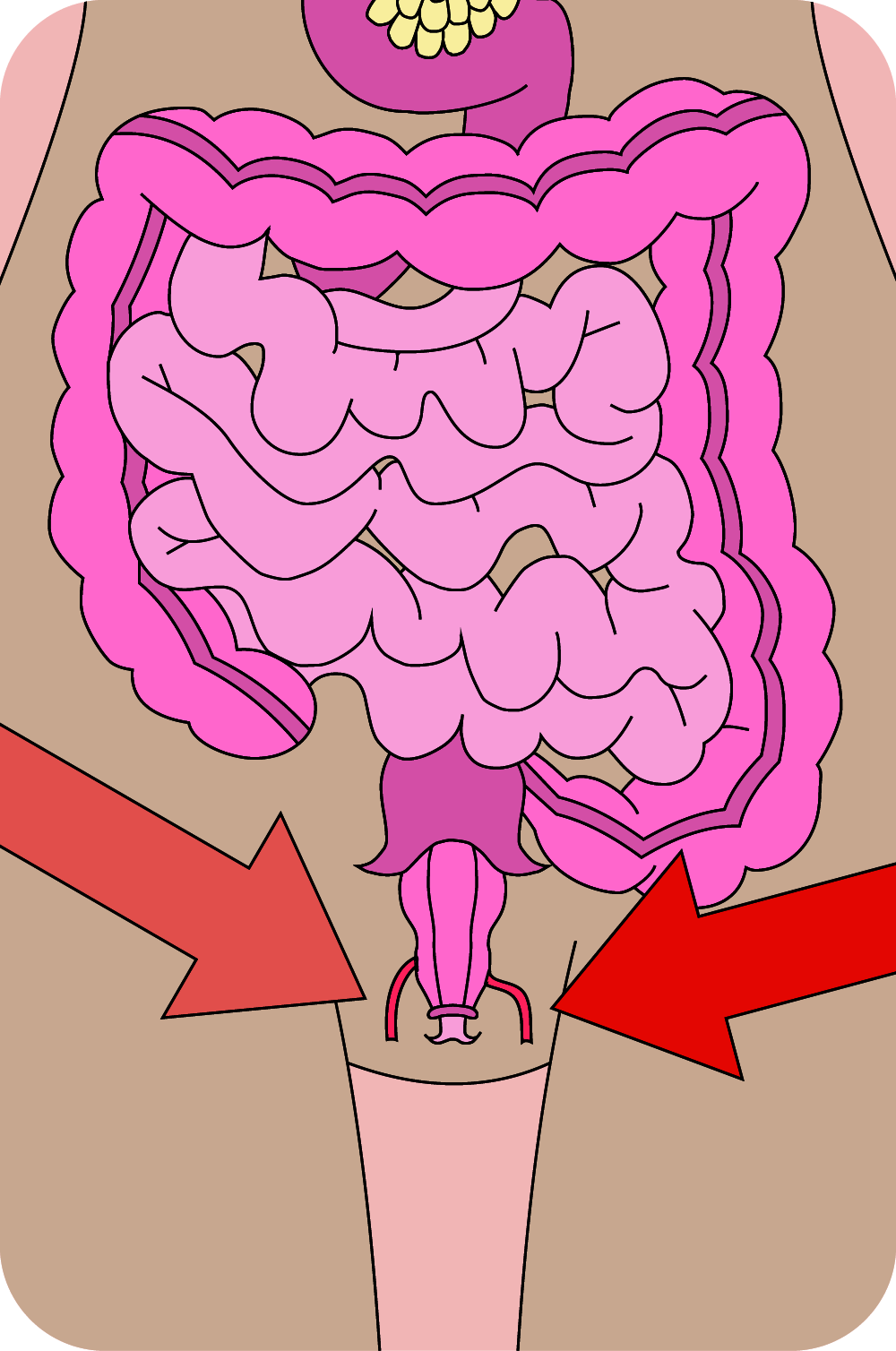
1. Fissures are tears in the lining of the anus, which can cause pain and bleeding especially during bowel movements.
2. A fistula, caused by inflammation, is an abnormal channel that forms between one part of the intestine and another, or between the intestine and the bladder, vagina, or skin. Fistulas are most common in the anal area and require immediate medical attention.
3. A stricture is a narrowing of the intestine as a result of chronic inflammation.
Are there any other symptoms?
Yes, there are actually a number of symptoms that don’t have to do specifically with the GI tract that can indicate a Crohn’s diagnosis. They are as follows:
Redness or pain in the eyes, or vision changes
Mouth Sores
Swollen and painful joints
Skin complications such as bumps, sores, or rashes
Fever
Loss of appetite
Weight Loss
Fatigue
Night Sweats
Loss of normal menstrual cycle
Osteoporosis
Kidney Stones
Rare liver complications, including primary sclerosing cholangitis and cirrhosis
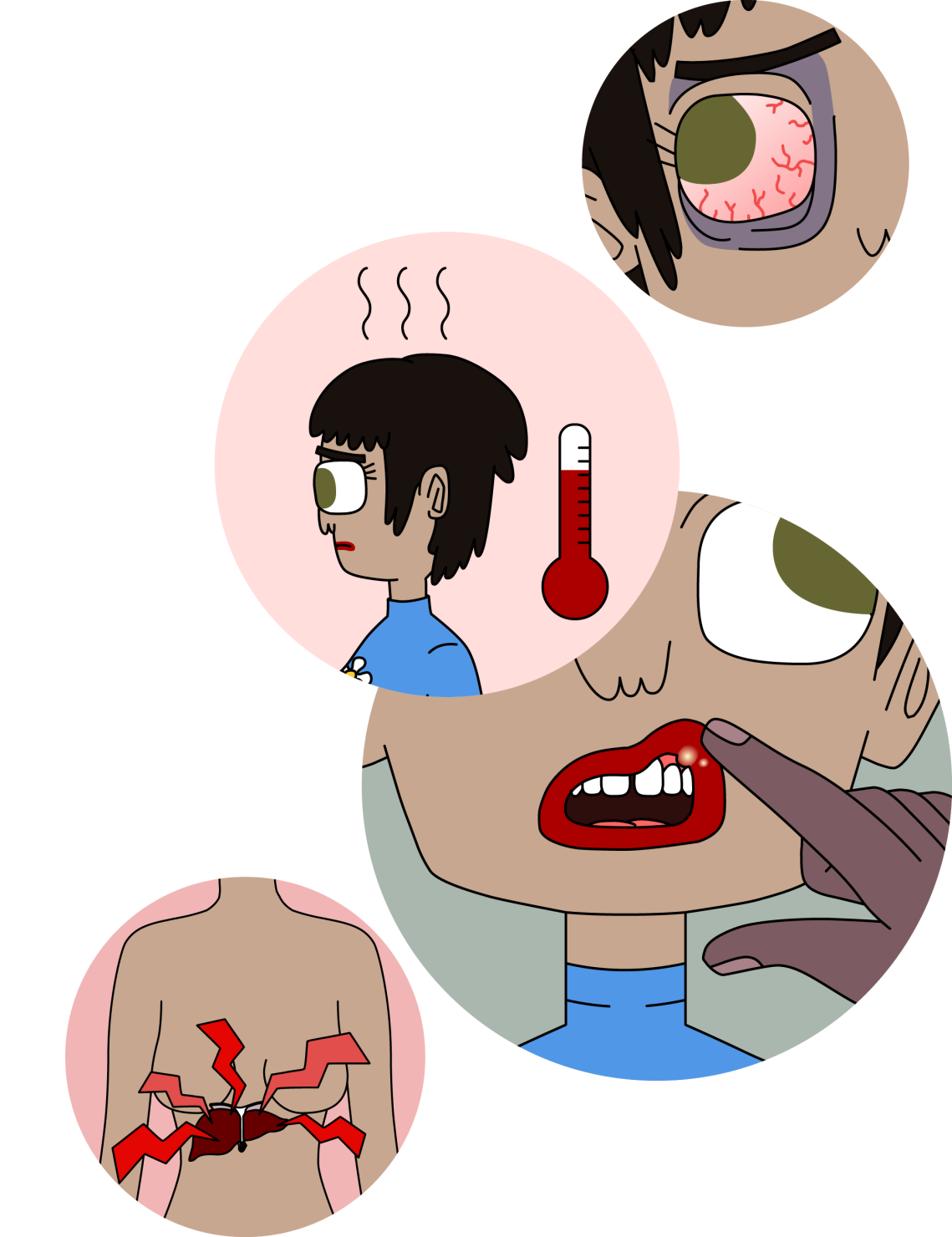
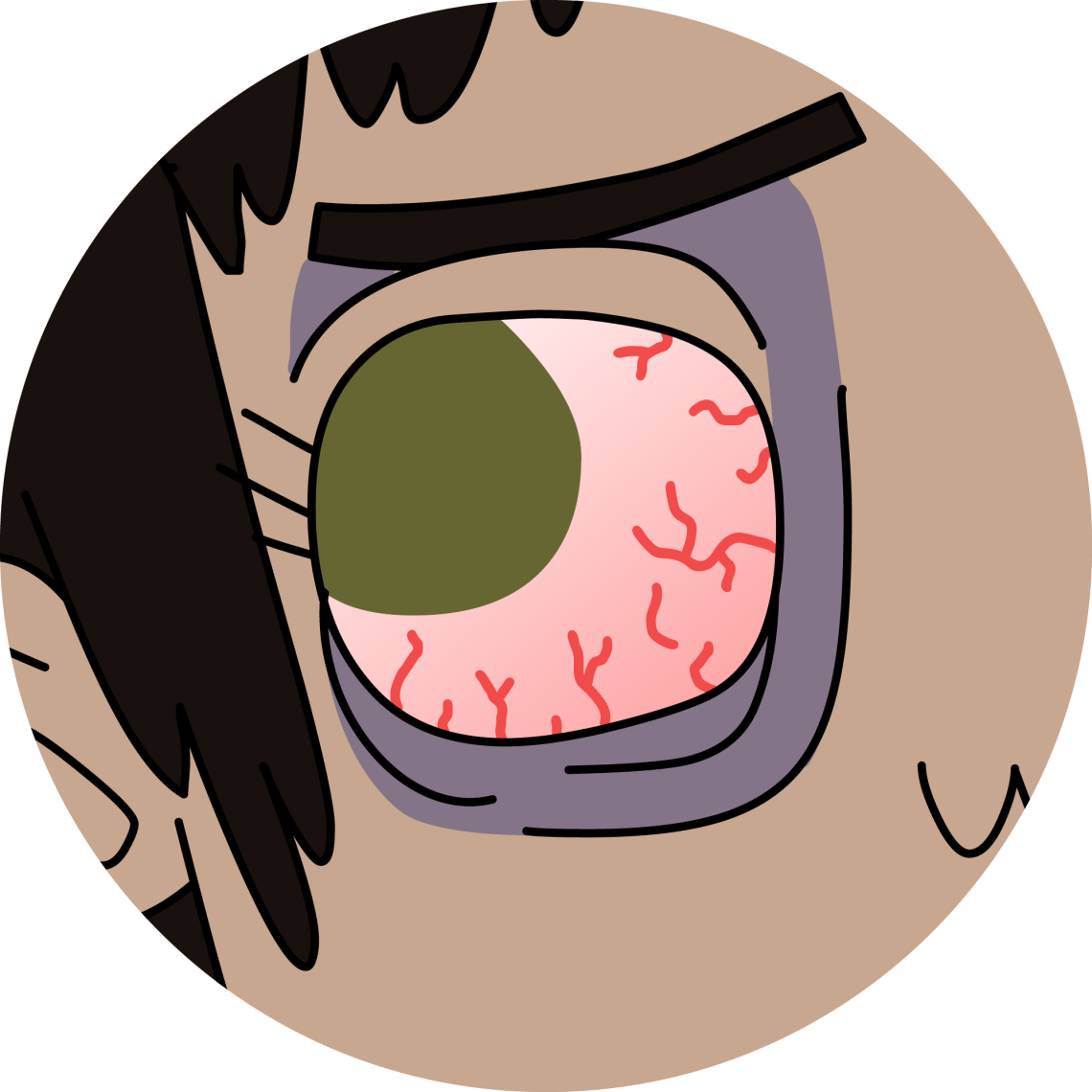
Redness or pain in the eyes, or vision changes
Swollen and painful joints
Kidney Stones
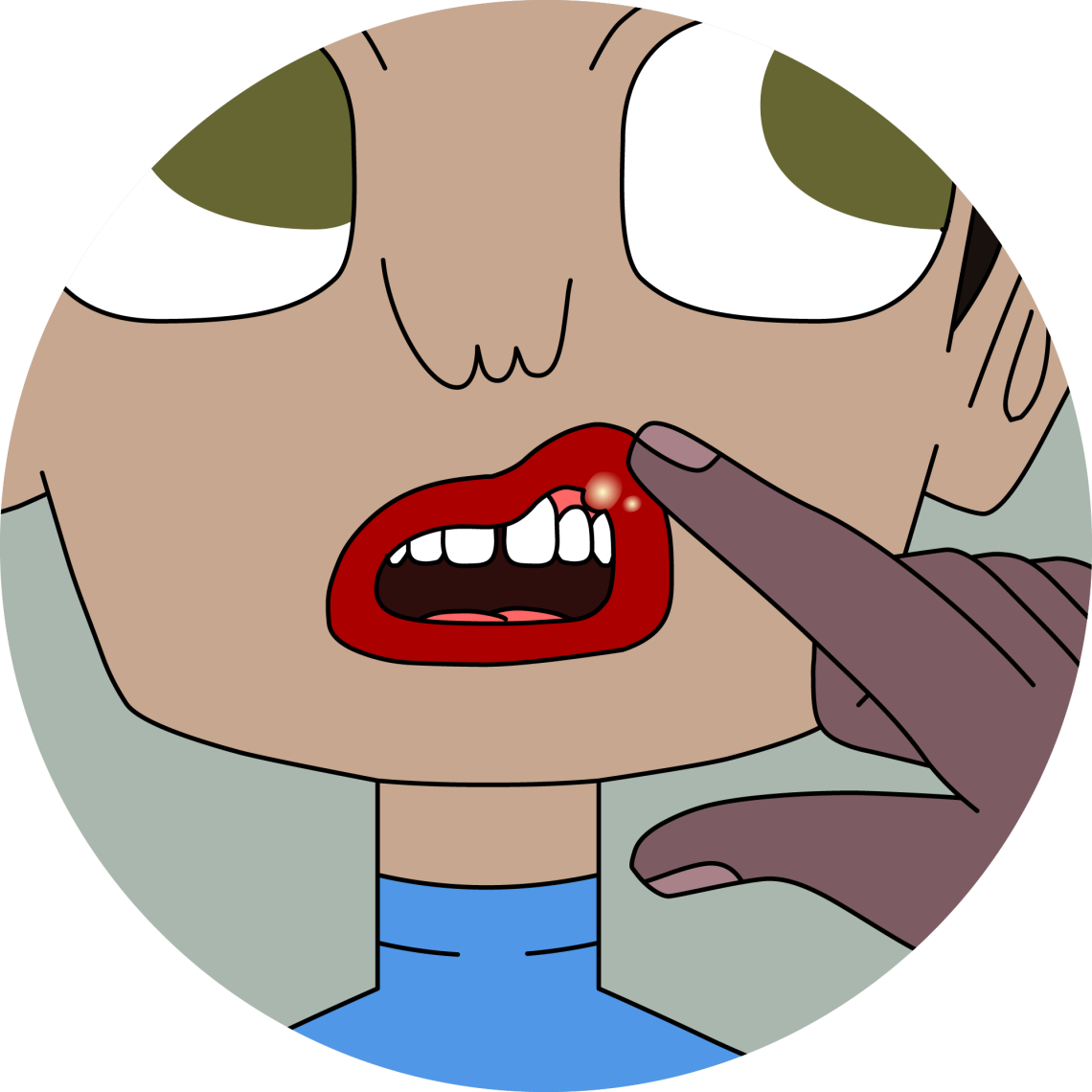
Mouth Sores
Osteoporosis
Skin complications such as bumps, sores, or rashes
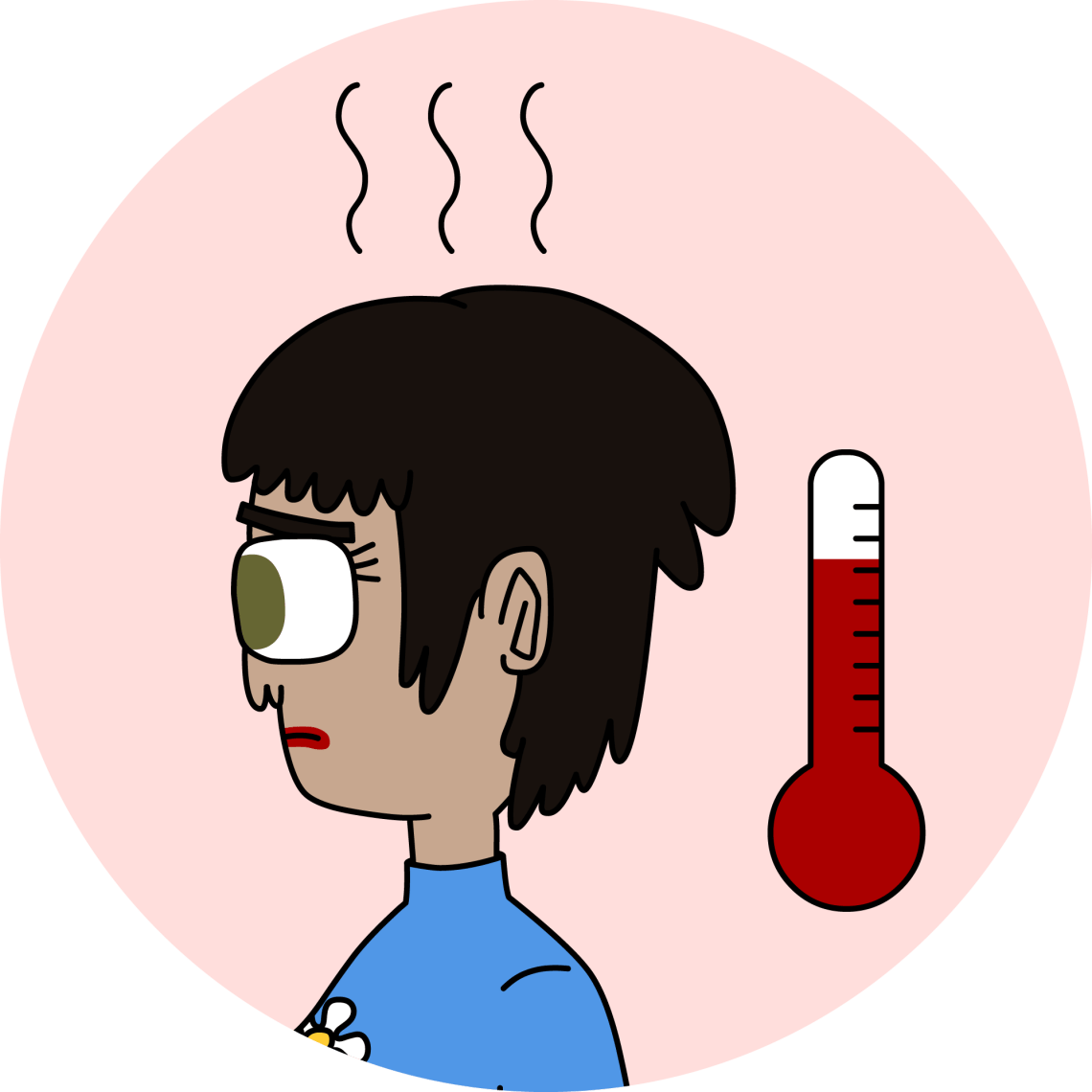
Fever
Fatigue
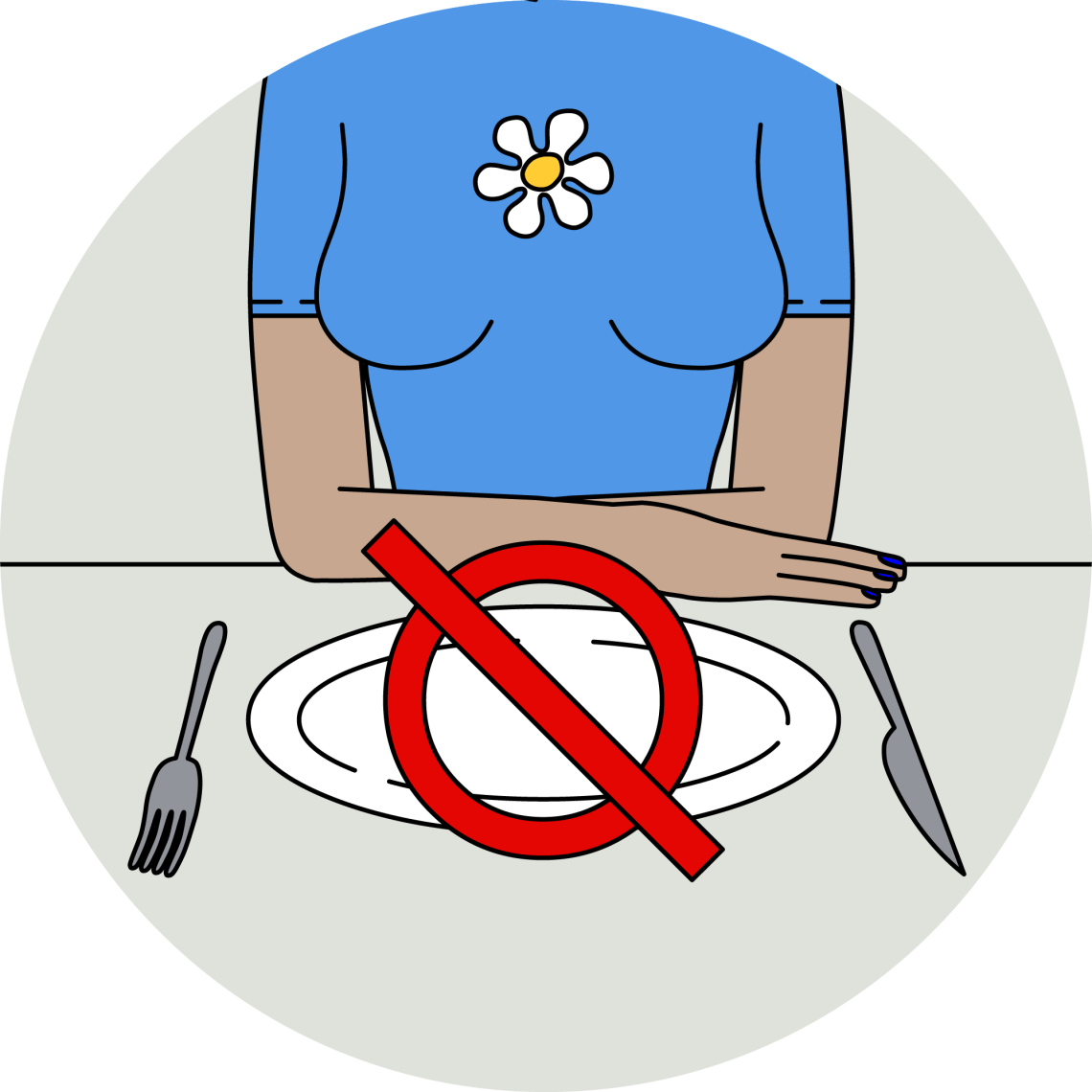
Loss of appetite
Night Sweats
Loss of normal menstrual cycle

Weight Loss
Rare liver complications, including primary sclerosing cholangitis and cirrhosis
Are there any myths about living with Crohn’s?
Yes!
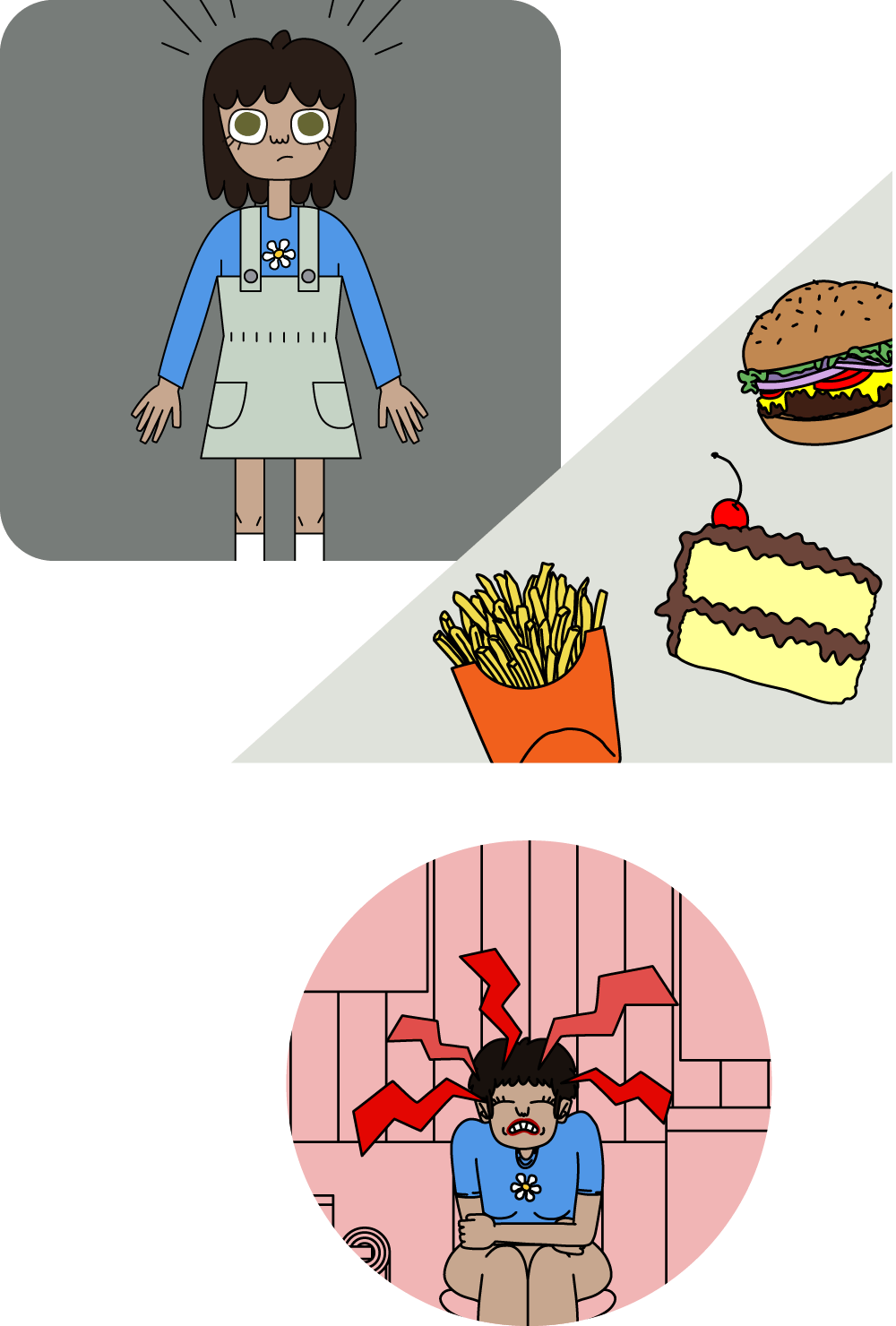
1. Crohn’s and IBS are not the same thing, though they are often confused for one another.
2. Crohn’s is not associated with personality traits.
3. Bad eating habits do not cause Crohn’s disease.
4. Crohn’s affects children, too.
5. There are many ways to reduce and manage Crohn’s symptoms.











